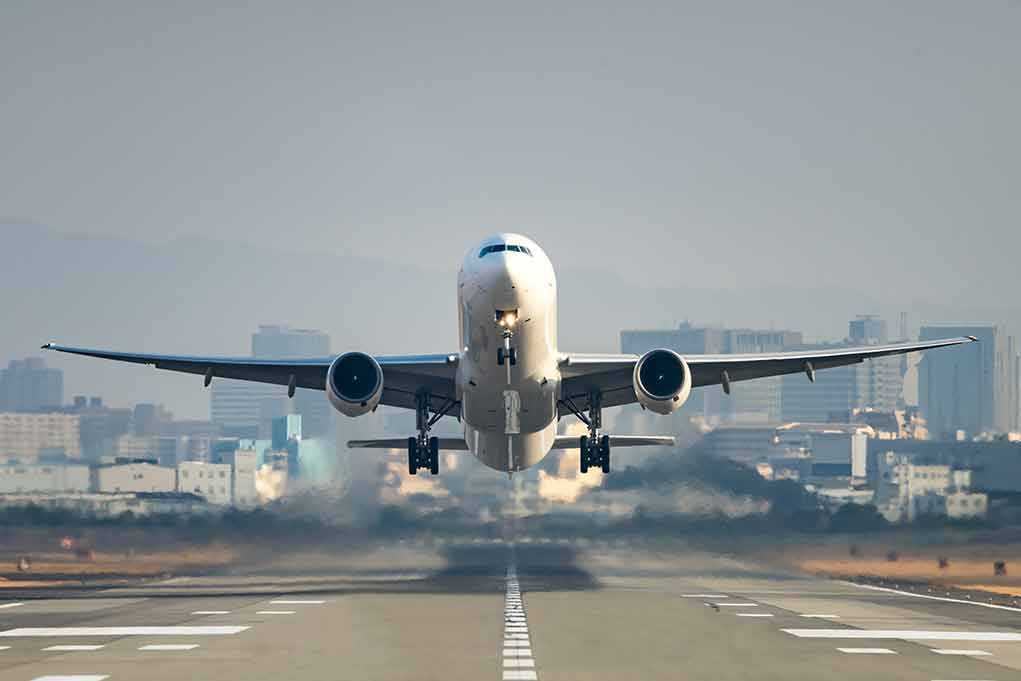
Thousands of previously hidden flights to Epstein’s island have just been exposed, renewing questions about elite secrecy, government accountability, and the erosion of public trust.
Story Snapshot
- The Department of Justice released Epstein’s full flight logs in early 2025, revealing thousands of previously undisclosed flights and new high-profile names.
- Political and media scrutiny has intensified over the involvement of influential figures, but the logs alone do not provide criminal evidence against those listed.
- No new criminal charges have resulted solely from the flight log release, but ongoing civil litigation and victim compensation efforts continue.
- Expert analysis warns against conflating travel records with guilt, stressing the need for thorough investigation and due process.
Epstein’s Flight Logs Released: Scale and Secrecy Unveiled
In February 2025, the Department of Justice officially declassified a comprehensive set of Jeffrey Epstein’s private jet flight logs. These records detail thousands of previously unreported flights between the late 1990s and 2019, connecting Epstein’s infamous Little St. James island in the U.S. Virgin Islands to locations across the globe. The release marks a rare act of government transparency, distinguishing itself from past leaks by providing a full, official account. The logs include names of politicians, celebrities, and business leaders, reigniting public debate about the extent of Epstein’s network and the mechanisms that shielded his activities from scrutiny.
The scale of Epstein’s operations is staggering. Little St. James, a 72-acre private island, was accessible only by private jet, helicopter, or boat—modes of transportation Epstein controlled tightly. This isolation enabled him to conceal trafficking and abuse, restricting law enforcement access and allowing powerful guests to move in and out with little oversight. The newly released logs reveal thousands of flights, with many previously undisclosed passengers, some identified only by initials or first names. Media analysis throughout 2025 has focused on the implications for institutional accountability, with renewed calls for investigation into elite complicity and government failures to protect victims.
High-Profile Names and Political Fallout
Among the most contentious revelations are high-profile names listed in the flight logs—politicians, business moguls, and celebrities. While the presence of a name does not constitute proof of criminality, public concern over elite impunity has grown. Former President Donald Trump’s name appears in domestic flights, but his spokesperson reaffirmed in early 2025 that Trump never visited the island and only flew domestically with family. The logs have prompted criticism of the Trump administration’s handling of Epstein-related files, including the firing of prosecutors and debates over the pace of investigations. No new criminal charges have been filed against individuals solely based on the logs, but civil litigation and compensation for victims remain active, as government and legal authorities continue to sort through the evidence.
Victims and survivors are at the forefront of ongoing lawsuits, demanding justice and restitution for years of abuse. The U.S. Virgin Islands government, which has pursued civil litigation against Epstein’s estate, has reiterated its commitment to transparency and redress. Meanwhile, the Department of Justice has emphasized that disclosure of these records is intended to rebuild public trust and foster accountability, even as political debates intensify over who is implicated and how far investigations should go. The logs have also amplified calls for policy reform, especially regarding the oversight of private aviation and the prosecution of high-profile sex trafficking cases.
Expert Analysis: Due Process and Reputational Risks
Legal experts and victim advocates agree that being named in the flight logs is not evidence of wrongdoing. The records confirm travel to and from Epstein’s island but do not establish criminal conduct or intent. Some entries use incomplete identifiers, complicating efforts to definitively link individuals to specific acts. Criminologists highlight the case as a stark example of the challenges faced in investigating networks protected by wealth and influence, while political analysts note the broader implications for institutional trust and the politicization of criminal justice. Commentators stress the necessity of thorough investigation and due process, cautioning against reputational harm without clear evidence. The release of the logs is seen by many as a necessary step toward transparency, but the debate over accountability and elite privilege continues to polarize public opinion.
The broader impact of the Epstein flight logs touches multiple sectors. Aviation industry practices are under scrutiny for record-keeping and transparency, while legal reforms are being debated to strengthen protections for trafficking victims and improve prosecution of high-profile offenders. The media’s role in shaping the narrative is also under examination, as responsible reporting is essential to avoid conflating association with criminality. For conservative Americans, the renewed revelations serve as a reminder of the dangers posed by unchecked elite power and government secrecy—threats to constitutional values, due process, and public trust. As investigations and debates continue, vigilant scrutiny of those in positions of influence remains essential to safeguarding justice and accountability.
Sources:
Explained: Did Donald Trump ever fly on Jeffrey Epstein’s plane? Here is the truth
Jeffrey Epstein’s Island: What Allegedly Happened There
Epstein flight logs list surprising details of Trump, Clinton trips
Unreleased Epstein files include logbooks, private island records
Attorney General Pamela Bondi releases first phase of declassified Epstein files




